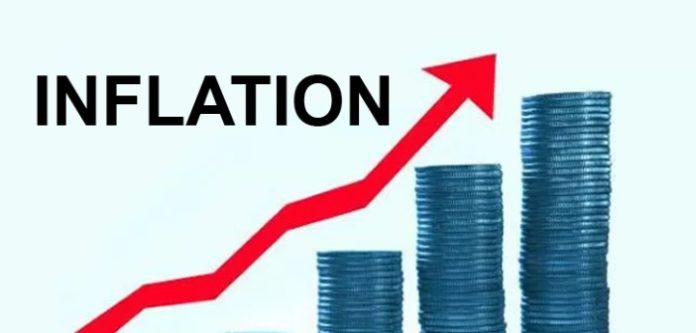With liquidity constrained and the policy rate of the Bank of Ghana at 22%, yields on treasury bills are expected to go up in the coming weeks.
According to Databank Research, upward pressure on yields persist due to tightened monetary policy directive.
For instance, yields went up across the T-bills curve, with the 91-day at 27.72% (+38 basis points) and the 182-day yield at 29.29% (+56bps).
“In light of the policy rate hike, we expect investors to focus on T-bills in the primary market for re-pricing benefits. We expect investors would concentrate on short-term bonds in the secondary market to reduce price losses due to offshore investors’ selloffs and as banks comply with the cash reserve requirement”.
Upward pressure on yield persists
The market update by Databank Research pointed out that upward pressure on yields persists due to the hawkish monetary policy stance.
The MPC tightened its policy stance further with a record hike to 22% (+300bps) in an attempt to rein in inflation. The Central Bank imposed additional complementary measures to constrain market liquidity further and curtail inflation and currency pressures.
It further said inflation will peak in the 4th quarter of 2022. Presently inflation is going for 31.7% (July 2022).
“We expect a peak in inflation in the 4Q22 when favorable base effect kick in along with subsiding food inflation pressures due to harvest season. With liquidity constrained and the policy rate at 22%, we expect the yields to adjust upwards in the coming weeks.”
Upcoming T-bill offer
This week’s T-bill offer on August 26th, 2022 is pegged at ¢1.167 billion across the 91-day to the 364-day tenors to refinance total maturities worth ¢1.023 billion.
Secondary market
The secondary bond market saw an increase in trades last week, with a total face value of ¢1.7 billion traded (1.35% week-on-week).
The report said the uptick in trade activity stemmed largely from selloffs by offshore investors and banks seeking to comply with the new cash reserve requirement instituted by the Central Bank.
“In light of the policy rate hike, we expect investors to focus on T-bills in the primary market for re-pricing benefits. We expect investors would concentrate on short-term bonds in the secondary market to reduce price losses due to offshore investors’ selloffs and as banks comply with the cash reserve requirement”, it added.




